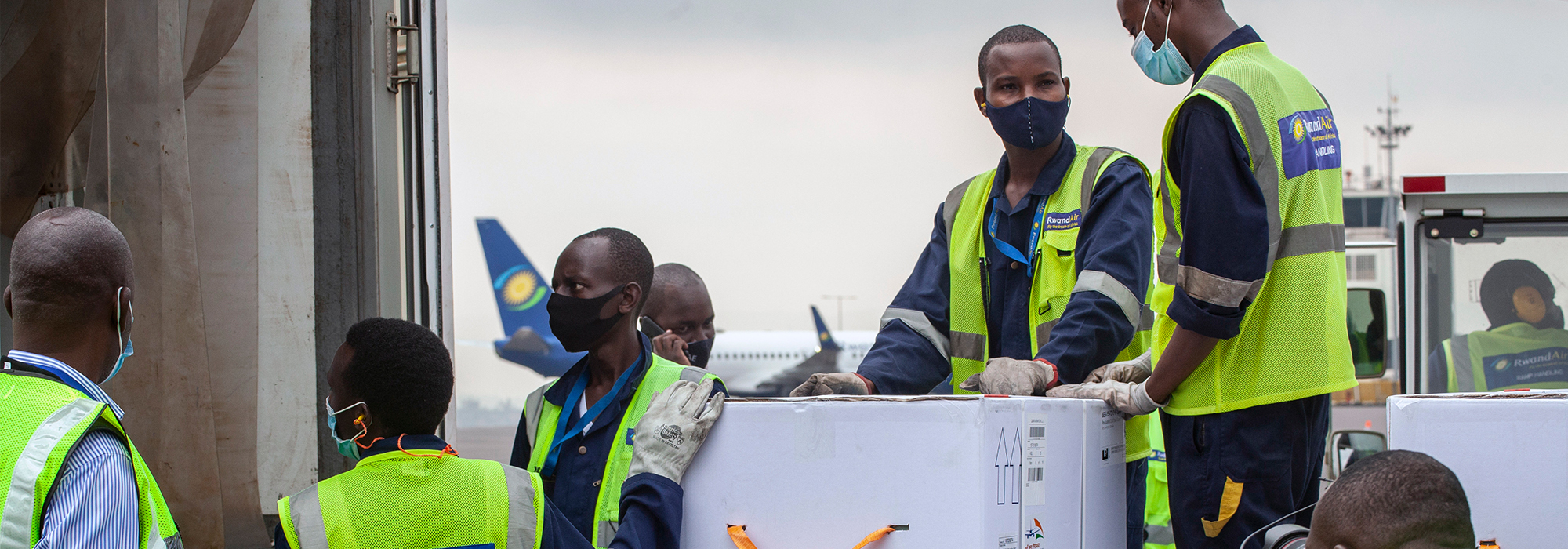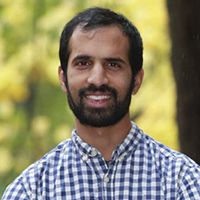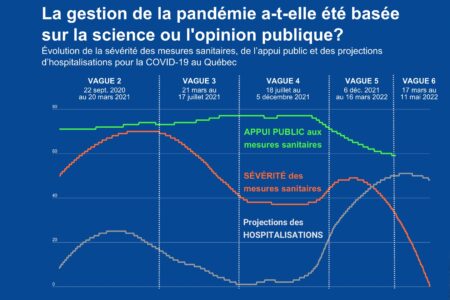
Canadians care about equity in their healthcare system. Repeatedly, in poll after poll, Canadians take pride in the structure of our system, which puts equal access to all to life-saving care, above the ability for individuals to get preferential treatment because of their ability to pay. The courts in this country have ruled this to be legally sound, and governments have made this the plank of election campaigns for decades.
Yet, when it comes to equity in health that extends beyond our borders, Canadians, alongside other rich countries, seem to be more interested in a me-first attitude, specifically relating to COVID-19 vaccines. Vaccinating all eligible Canadians before the most vulnerable in lower-income countries get access puts them at risk, and hurts Canada’s recovery as well.
The current global model of first-come, first-serve, or whoever-pays-the-most-gets-it, is clearly not structured within that spirit of the Canadian health system, which is driven by fairness. When we laud countries like Israel or the United States for their ability to vaccinate their populations faster than us, we need to recognize that the speed with which one country vaccinates, predicated on ample local supply, has a direct negative impact on how fast other countries vaccinate in our current zero-sum game of limited global vaccine supply.
This is where COVAX comes in. Designed in early 2020 when it was known that vaccines would be scarce, it had the aim to be a collective pool of countries and vaccine manufacturers. The idea – that if all countries and vaccine suppliers cooperated, we would be able to allocate vaccines fairly, efficiently, and globally – was, and remains, sound. Structured in a framework of collective solidarity, which is necessary for us to get through a public health crisis, it provides the fastest way out of this pandemic.
Universal programs, like the Canadian health system aims to be, succeed by having everybody participate together, so that all feel equally invested in the outcome and support its success. And the goal was to make COVAX universal — all suppliers, all countries, for the highest risk populations. Companies would be reimbursed at a standard cost for their investments and research. Countries would buy the vaccine at a fixed rate or be given it if they could not afford it, subsidized by richer countries.
It would be the fastest way out of this pandemic. Canada’s recent announcement of a withdrawal from COVAX of 1.9 million doses, as a rich country participating in a universal program, is part of this agreement.
COVAX allocates vaccines to countries to ensure that those who need it most – health care workers and the very elderly – can be protected, around the world. Canada will soon have vaccinated those populations. Taking vaccines from COVAX, however, for groups outside of those populations, as Canada is requesting, goes against the spirit of what COVAX was intended to supply, where targeting at least 3 per cent population coverage in the first half of 2021 is the goal.
What’s needed now is for Canada to delay vaccinations and allow COVAX to achieve adequate global supply for distribution to those high-risk populations around the world. We are used to wait times for health care in the context of prioritizing those who need it more. It’s something Canadians have a great deal of practice with. We need to acknowledge that prioritizing access to a scarce good involves small, individual sacrifices, such as Canadians ensuring that vaccines are available globally to those who need them most.
Canada has given hundreds of millions of dollars to the COVAX facility to purchase vaccines for countries that cannot afford it. This should be applauded. Canada buying vaccines through bilateral deals for early shipment from the multilateral-agency-funded Serum Institute of India compromises COVAX supply that could be used for lower-income countries.
This country can act like a global leader in the battle against COVID-19. It can stand as a beacon amongst rich countries, who are competing against each other for vaccine purchases, where prices are hidden, outbidding each other, and letting the worst ideas of nationalism emerge.
This is more than about social justice. There is self-interest also. The longer it takes for poor countries to overcome this pandemic, the larger the economic impact on Canada. The more uncontrolled spread of the virus in regions of the world, the more likely new variants will emerge that could evade the currently available vaccines being used in Canada. Modelling shows that equitably distributing vaccines globally is the most efficient way of solving this crisis.
Dr. Tedros Adhanom Ghebreyesus, Director-General of the World Health Organization, is calling on rich countries around the world to start sharing vaccines immediately after their most vulnerable and their health-care workers are vaccinated. We are past that stage in Canada. It is time to share. We know that Canadians care deeply about equity in health and that caring should not stop at our borders.
Photo : AstraZeneca COVID-19 vaccines are received by airport workers at the airport in Kigali, Rwanda on March 3, 2021. More African countries received the long-awaited first deliveries of COVID-19 vaccines on March 3, with Kenya, Rwanda, Senegal and Lesotho benefiting from the global COVAX initiative that aims to ensure doses for the world’s low-and middle-income nations. (AP Photo/Muhizi Olivier)








